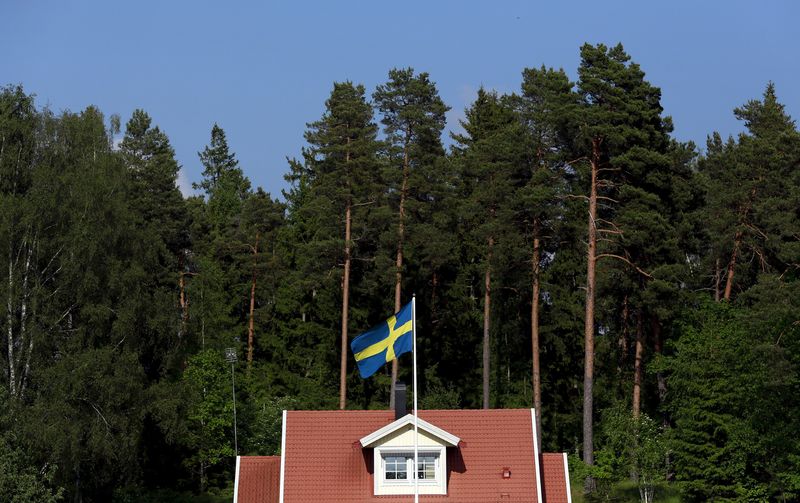Most Swedish mortgage borrowers have good buffers despite rising rates, FSA report says
2023.03.28 03:13

© Reuters.
STOCKHOLM (Reuters) -Swedish mortgage rates more than doubled for new mortgage borrowers in 2022 versus the previous year, but the majority of households still have good economic buffers, a report by the financial watchdog showed on Tuesday.
House prices have slumped in Sweden over the last year as a result of higher interest rates, while the economy is facing a recession in 2023 as households cut back on spending amid the cost of living crisis.
“Mortgagors are under pressure from rising interest rates,” the Financial Supervisory Authority said in its regular mortgage market report.
“At the same time, the majority of new mortgagors continue to have good margins in their personal finances,” it added.
Swedes are among Europe’s heaviest mortgage borrowers and the majority have floating-rate loans, meaning rate hikes are passed on to households immediately.
The average mortgage rate rose to 3.1% in 2022, up from 1.4% the previous year.
Home prices are down around 15% and there are worries that further rate hikes will deepen the fall.
The FSA said its survey showed the average loan-to-value ratio for new mortgages – at 65% – was roughly unchanged from 2021. Relative to income, individuals were borrowing slightly less. The average loan was 321% of annual income down from 327% a year earlier.
Around 60% of new borrowers chose floating rate loans in 2022.








